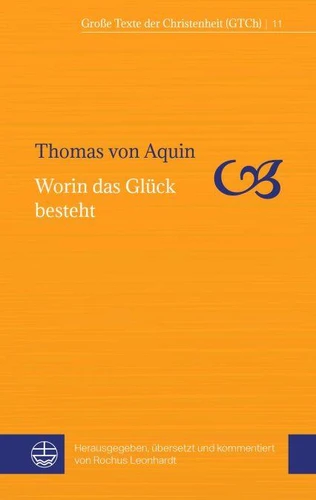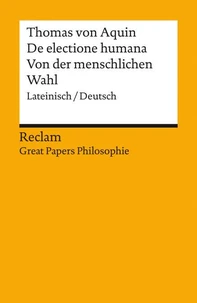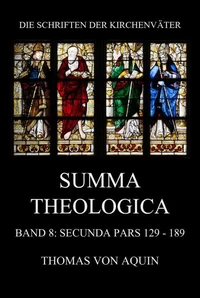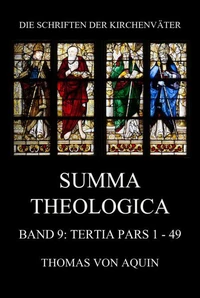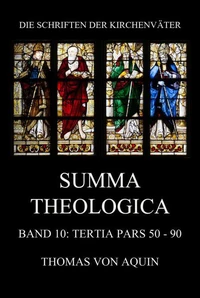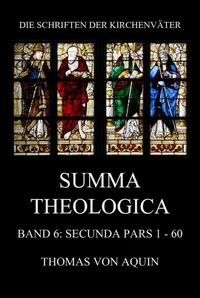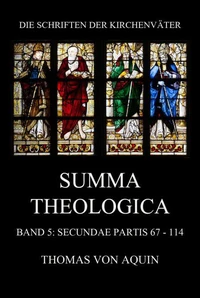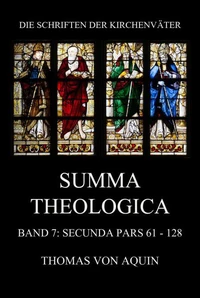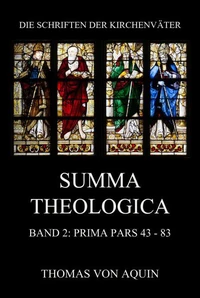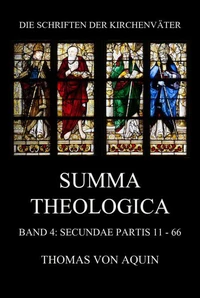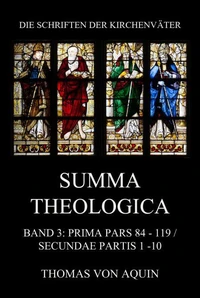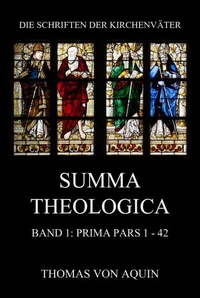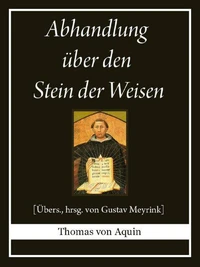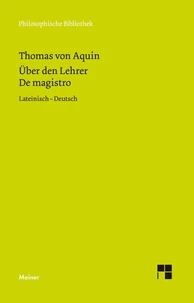Worin das Glück besteht. Herausgegeben, übersetzt und kommentiert von Rochus Leonhardt
Par : ,Formats :
Disponible dans votre compte client Decitre ou Furet du Nord dès validation de votre commande. Le format PDF est :
- Compatible avec une lecture sur My Vivlio (smartphone, tablette, ordinateur)
- Compatible avec une lecture sur liseuses Vivlio
- Pour les liseuses autres que Vivlio, vous devez utiliser le logiciel Adobe Digital Edition. Non compatible avec la lecture sur les liseuses Kindle, Remarkable et Sony
 , qui est-ce ?
, qui est-ce ?Notre partenaire de plateforme de lecture numérique où vous retrouverez l'ensemble de vos ebooks gratuitement
Pour en savoir plus sur nos ebooks, consultez notre aide en ligne ici
- Nombre de pages220
- FormatPDF
- ISBN978-3-374-06921-7
- EAN9783374069217
- Date de parution25/01/2022
- Protection num.Digital Watermarking
- Taille719 Ko
- Infos supplémentairespdf
- ÉditeurEvangelische Verlagsanstalt
Résumé
Das Glück des Menschen galt in der abendländischen Theologie spätestens seit Augustinus als etwas, das, wenn überhaupt, erst nach dem Ende des irdischen Lebens erlangt werden kann. Als im Hochmittelalter die »Nikomachische Ethik« des Aristoteles bekannt wurde, sahen sich die christlichen Theologen mit einer überzeugenden philosophischen Theorie des irdischen Glücks konfrontiert, die ohne Jenseits-Perspektive auskam.
Wie sollte man christlich-theologisch damit umgehen? Die Antworten auf diese Frage waren unterschiedlich. Als besonders wirkmächtig erweisen sollte sich der Vermittlungsversuch des dominikanischen Theologen Thomas von Aquin (1224/25-1274). Der vorliegende Band enthält die erstmals ins Deutsche übersetzte Frühgestalt dieses Vermittlungsansatzes, die im Sentenzenkommentar (1252-1256) des Thomas enthalten ist. [Wherein happiness consist] In Western theology, at least since Augustine, human happiness was considered something that, if at all, can only be achieved after the end of earthly life.
When Aristotle's »Nicomachean Ethics« became known in the High Middle Ages, Christian theologians were confronted with a convincing philosophical theory of earthly happiness that did not have a perspective on the afterlife. How should Christian theology deal with this? The answers to this question varied. The attempt at mediation and harmonization by the Dominican theologian Thomas Aquinas (1224/25-1274) proved to be particularly lasting.
This volume contains the early version of this mediation approach, which has been translated into German for the first time and which is contained in Thomas' Commentary on the Sentences (1252-1256).
Wie sollte man christlich-theologisch damit umgehen? Die Antworten auf diese Frage waren unterschiedlich. Als besonders wirkmächtig erweisen sollte sich der Vermittlungsversuch des dominikanischen Theologen Thomas von Aquin (1224/25-1274). Der vorliegende Band enthält die erstmals ins Deutsche übersetzte Frühgestalt dieses Vermittlungsansatzes, die im Sentenzenkommentar (1252-1256) des Thomas enthalten ist. [Wherein happiness consist] In Western theology, at least since Augustine, human happiness was considered something that, if at all, can only be achieved after the end of earthly life.
When Aristotle's »Nicomachean Ethics« became known in the High Middle Ages, Christian theologians were confronted with a convincing philosophical theory of earthly happiness that did not have a perspective on the afterlife. How should Christian theology deal with this? The answers to this question varied. The attempt at mediation and harmonization by the Dominican theologian Thomas Aquinas (1224/25-1274) proved to be particularly lasting.
This volume contains the early version of this mediation approach, which has been translated into German for the first time and which is contained in Thomas' Commentary on the Sentences (1252-1256).
Das Glück des Menschen galt in der abendländischen Theologie spätestens seit Augustinus als etwas, das, wenn überhaupt, erst nach dem Ende des irdischen Lebens erlangt werden kann. Als im Hochmittelalter die »Nikomachische Ethik« des Aristoteles bekannt wurde, sahen sich die christlichen Theologen mit einer überzeugenden philosophischen Theorie des irdischen Glücks konfrontiert, die ohne Jenseits-Perspektive auskam.
Wie sollte man christlich-theologisch damit umgehen? Die Antworten auf diese Frage waren unterschiedlich. Als besonders wirkmächtig erweisen sollte sich der Vermittlungsversuch des dominikanischen Theologen Thomas von Aquin (1224/25-1274). Der vorliegende Band enthält die erstmals ins Deutsche übersetzte Frühgestalt dieses Vermittlungsansatzes, die im Sentenzenkommentar (1252-1256) des Thomas enthalten ist. [Wherein happiness consist] In Western theology, at least since Augustine, human happiness was considered something that, if at all, can only be achieved after the end of earthly life.
When Aristotle's »Nicomachean Ethics« became known in the High Middle Ages, Christian theologians were confronted with a convincing philosophical theory of earthly happiness that did not have a perspective on the afterlife. How should Christian theology deal with this? The answers to this question varied. The attempt at mediation and harmonization by the Dominican theologian Thomas Aquinas (1224/25-1274) proved to be particularly lasting.
This volume contains the early version of this mediation approach, which has been translated into German for the first time and which is contained in Thomas' Commentary on the Sentences (1252-1256).
Wie sollte man christlich-theologisch damit umgehen? Die Antworten auf diese Frage waren unterschiedlich. Als besonders wirkmächtig erweisen sollte sich der Vermittlungsversuch des dominikanischen Theologen Thomas von Aquin (1224/25-1274). Der vorliegende Band enthält die erstmals ins Deutsche übersetzte Frühgestalt dieses Vermittlungsansatzes, die im Sentenzenkommentar (1252-1256) des Thomas enthalten ist. [Wherein happiness consist] In Western theology, at least since Augustine, human happiness was considered something that, if at all, can only be achieved after the end of earthly life.
When Aristotle's »Nicomachean Ethics« became known in the High Middle Ages, Christian theologians were confronted with a convincing philosophical theory of earthly happiness that did not have a perspective on the afterlife. How should Christian theology deal with this? The answers to this question varied. The attempt at mediation and harmonization by the Dominican theologian Thomas Aquinas (1224/25-1274) proved to be particularly lasting.
This volume contains the early version of this mediation approach, which has been translated into German for the first time and which is contained in Thomas' Commentary on the Sentences (1252-1256).

